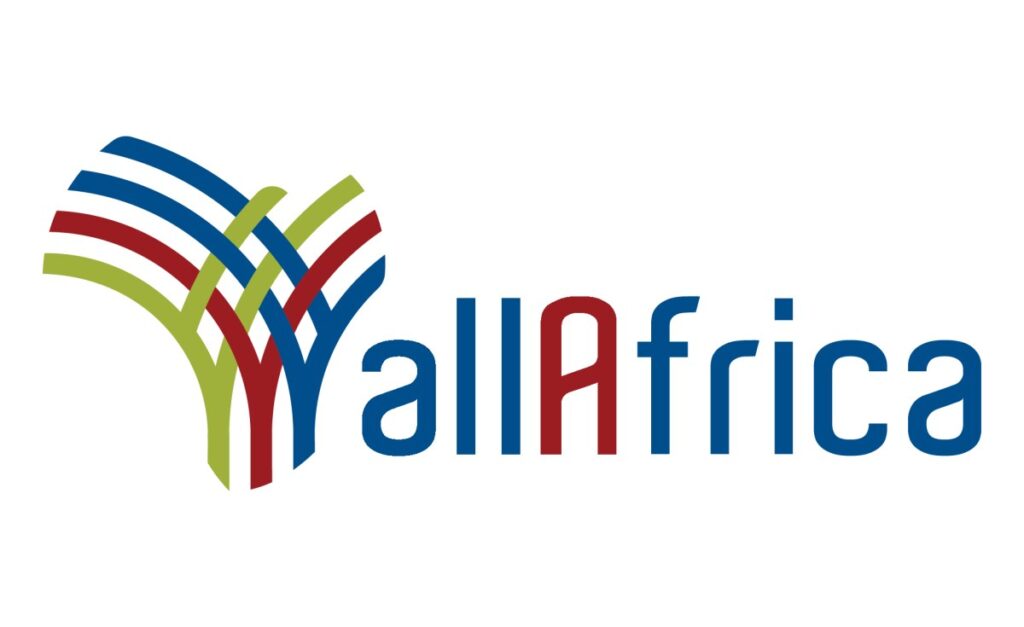DR Congo Peace Talks Collapse as M23 Rebels Pull Out
The M23 rebel group in eastern Democratic Republic of Congo withdrew from peace talks with the government, saying it will not return unless the authorities adhere to a previous ceasefire deal. The fighting between the two sides escalated in January after the M23 captured large areas of the mineral-rich east, including the regional capital Goma. A ceasefire was signed in Qatar in July, intended as a step towards a permanent peace deal. The M23 accused the authorities of not respecting the provisions contained in the ceasefire deal, but DR Congo’s military denies this charge. However, the Congolese armed forces accused the M23 of launching attacks almost daily in the North Kivu and South Kivu provinces. A new draft agreement had been prepared in Qatar, but the rebels failed to attend the latest round of talks.
UN Warns of ‘Sharply Deteriorating’ Security in South Sudan
Assistant Secretary-General for Africa, Martha Pobee, told the UN Security Council that South Sudan’s security and humanitarian situation had sharply deteriorated, with earlier gains in the peace process largely eroded since March. Military offensives, primarily involving South Sudan’s rival militia, which answers to the First Vice President, and Government troops loyal to the President, have continued, and trust in the 2018 Revitalized Peace Agreement between the two has been undermined. Pobee and Murithi Mutiga of the International Crisis Group warned that renewed offensives had caused deaths, displacement, and the destruction of infrastructure. Sudan’s civil war had pushed 1.2 million refugees into South Sudan, straining already-limited resources. Pobee urged the Security Council to call on all actors and stakeholders to uphold the peace agreement. If they fail to lay the groundwork for peaceful, credible elections in December 2026, the risk of a relapse into violence will rise significantly amid growing regional instability.
Zimbabwean VP Renews Call to Fight Corruption
Vice President Constantino Chiwenga took another jab at controversial tenderpreneur Wicknell Chivayo, saying that his practice of handing out vehicles and cash gifts to individuals of his choosing will soon come to an end. Chiwenga has previously described corruption as a national security threat that must be addressed. He has also been on Chivayo’s case, albeit without mentioning him by name, having at one point used the term “chigananda” to refer to individuals who amass wealth with no clear and traceable work associated with their companies or organisations. The VP also urged youths to abstain from drugs and substance abuse.
Nigeria Slashes Kidney Dialysis Costs in Federal Hospitals
President Bola Tinubu approved a subsidy that drastically reduces the cost of kidney dialysis in federal government-owned hospitals from U.S.$32 (N50,000) to U.S.$7 (N12,000) per session. The initiative will first commence in ten federal medical centres and teaching hospitals across the country. This will provide relief to thousands of Nigerians battling kidney-related diseases, many of whom cannot pay for dialysis. Presidential spokesperson Daniel Bwala said that more hospitals will be added before the end of the year to expand access nationwide. The initiative follows last year’s approval by Tinubu of free caesarean sections (C-sections) for pregnant women in federal hospitals, a move aimed at reducing maternal mortality and improving access to quality maternal healthcare.
Tanzanian Political Parties Urged to Adhere to Election Spending Rules
Juma Khatibu, Chairperson of Tanzania’s Council of Political Parties, urged politicians and officials to adhere to election spending rules ahead of the October 2025 election. He spoke at a training at the Julius Nyerere International Convention Centre (JNICC) in Dar es Salaam. Khatibu said it is important for everyone to understand and respect this law so that elections can be fair, open, and trusted. He praised Registrar of Political Parties, Justice Francis Mutungi, for organising the training, which brought together party leaders to strengthen their understanding of campaign finance laws and reduce potential challenges as the election approaches.


